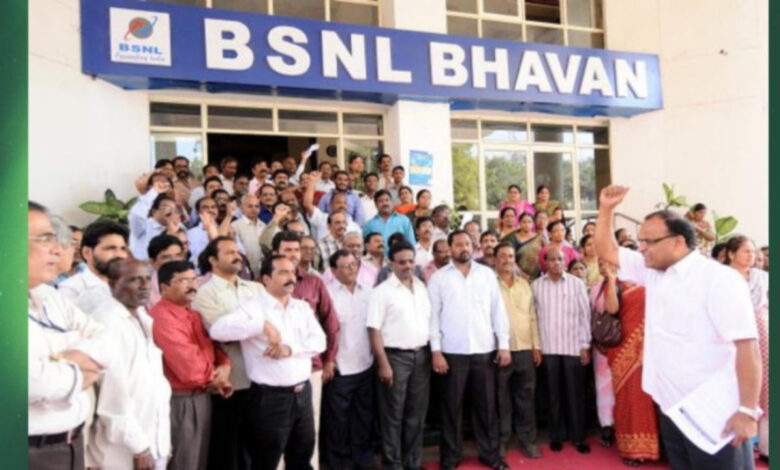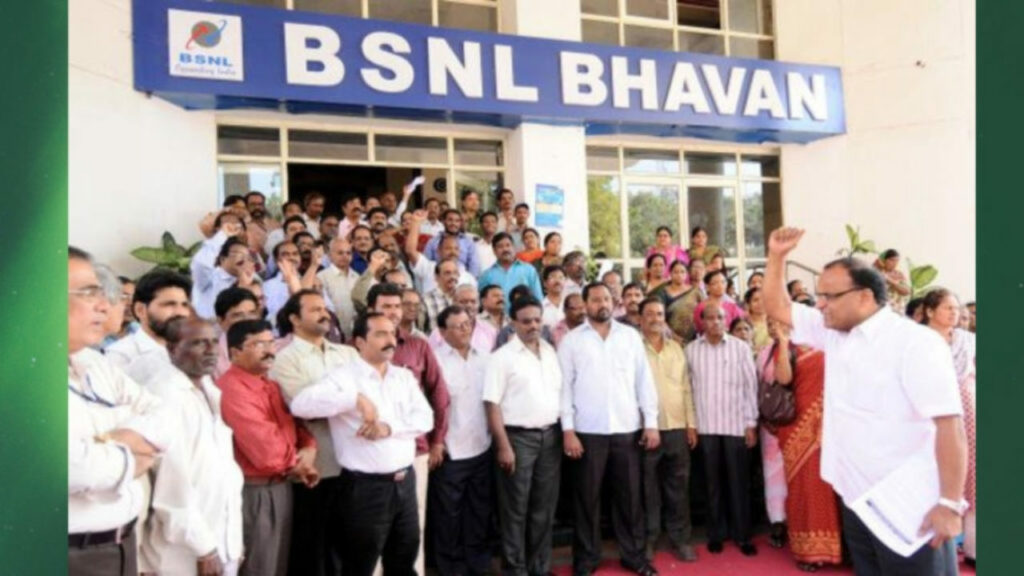BSNL Can Reduce 19,000 Employees Via VRS 2.0? Minister Clarifies – Trak.in

The state-run telecom operator, BSNL is still developing 4G sites at a time when the leading telecom players in the country are launching and expanding their 5G services.

Answering The Delay In 5G Launch Plans
Although, the company is almost there as the Bharat Sanchar Nigam Limited (BSNL) will soon be joining the 5G race as early as this year.
In a written response in Rajya Sabha, Union MoS for Communications and Rural Development Dr. Pemmasani Chandra Sekhar commented on the telco’s 5G launch plans.
Further, he informed regarding the delay in BSNL’s 5G launch plans adding the telco PSU’s indigenously developed 1 lakh 4G sites.
The telecom PSU is on its way for a financial recovery, said Communications minister Jyotiraditya Scindia in December last year.
Further adding that BSNL will move towards 5G launch from the middle of 2025.
He said that after the completion of 1 lakh towers the telecom will start switching some of them to 5G technology at the Times Network’s India Economic Conclave.
“In line with Atmanirbhar Bharat initiative, BSNL has placed a purchase order for indigenously developed one lakh 4G sites for pan India deployment. Supply of 4G equipment has started from September 2023 and as on March 8, 2025, total 83,993 4G sites have been installed,” Chandra Sekhar said.
Upcoming Voluntary Retirement Scheme
He further informed that around 74,521 sites are ON-Air and the equipment is 5G upgradable.
As we know, telecom firm BSNL had initiated a Voluntary Retirement Scheme (VRS) program around 6 years ago in 2019.
Basically, this program allowed its employees to retire early in exchange for a lump sum payment.
Now the telecom is planning to provide a similar option again as the BSNL board has given its nod to a proposal to cut the workforce by 18,000 to 19,000 employees through VRS 2.0 as per the recent reports.
The telecom is looking to reduce the 35 per cent workforce of BSNL through VRS 2.0 as mentioned by the union minister.
The company’s first revival package was approved by the government in 2019.
This was to bring down the operating cost of the telco by debt restructuring through Sovereign Guarantee Bonds as well as VRS.
It is noteworthy here that “After implementation of VRS in 2019, the employee cost of BSNL was reduced by 51 per cent.”
But, there is no such proposal under consideration at present, said MoS Pemmasani, on the VRS 2.0 scheme.






